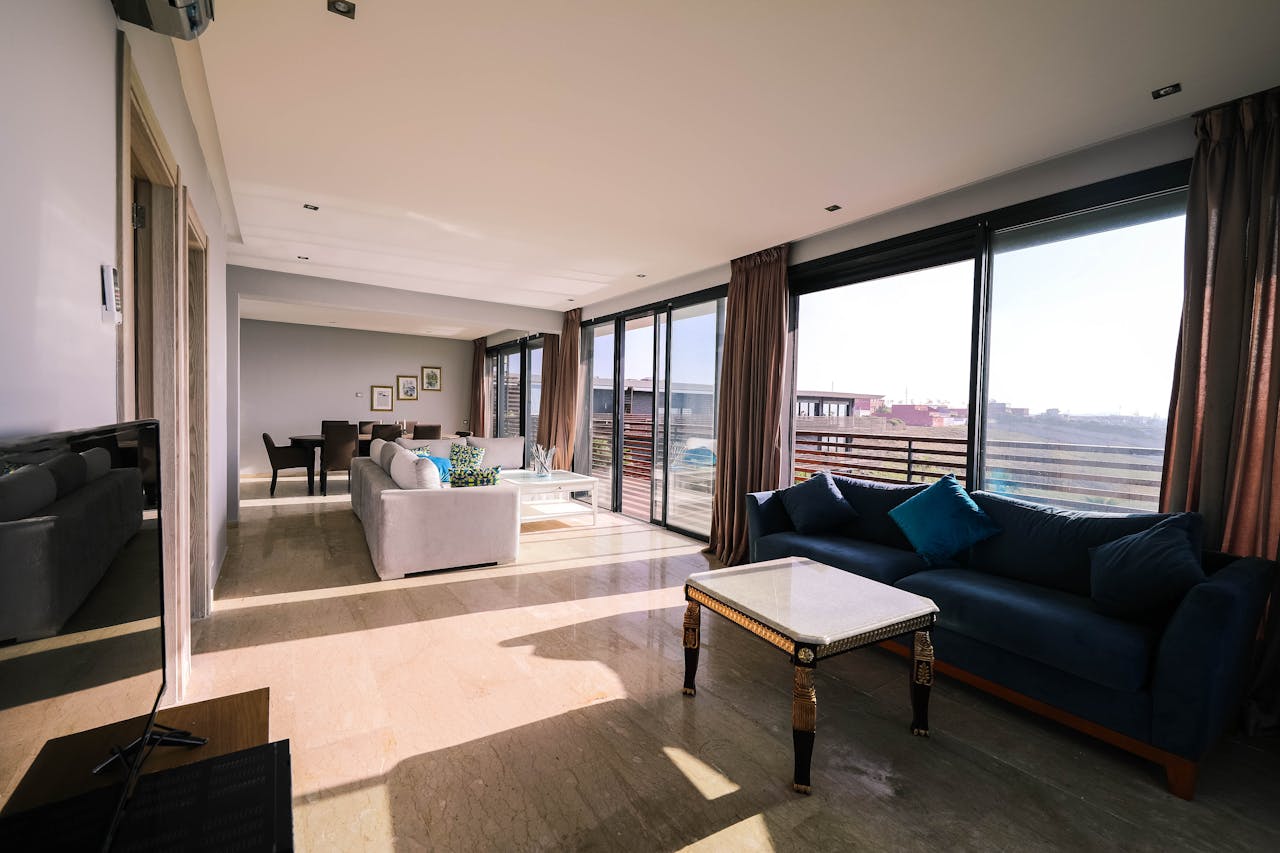Smart Tips for Second-Time Home Buyers

Introduction
So, you have decided to buy a second home? Many congratulations! Upscaling, downsizing, or investing in a new abode is very exciting and sometimes rewarding. However, it also comes with some challenges. Following are some tips to follow so that the process goes out smoothly and successfully.
1. Assess Your Needs and Goals
Before you start house hunting, take a little time to think about why you're buying another home. Here are some questions that you need to ask yourself:
- • Why am I buying another home?
- • What do I want in this new home that I didn't get before?
- • Do you want more space, a better location, or investment potential?
2. Review Your Finances
Purchasing a second home is an enormous financial investment. You are therefore supposed to sort your finances out. A few of the things that you will have to consider include:
- • Check on your credit score: The better your credit score, the better the interest rate on your mortgage.
- • Save for a down payment: The more that you can put down, the less you'll need to borrow.
- • Budget for additional costs: In addition to closing costs, there are moving expenses and possible repairs or improvements.
3. Get a Mortgage Pre-approval
Being pre-approved for a mortgage will provide you with an estimation regarding the amount you can afford. It will also indicate to the sellers that you are serious and ready for this transaction. Several lenders should be spoken to in order to find the best mortgage rates and conditions that will be optimal for your circumstances.
4. Check the Market
The real estate market can fluctuate from area to area. Research the conditions in your desired location. Is this a buyer's or seller's market? Knowing the market will help in making an informed decision and assist in saving money.
5. Work with a Real Estate Agent
An agent can be a very good resource, particularly if you are purchasing in a new area. They provide insight regarding the local market and give you facilities to find a home matching your criteria and negotiate the best deal.
6. Think About the Future
Long-term thinking—anybody buying a second home needs this. Consider how your needs might change in the next few years. Will the home still meet your needs if your family grows or if you retire? Planning ahead can help you make a smarter investment.
7. Inspect the Property Carefully
Don't skip the home inspection. A good inspection can save you thousands of dollars down the line by revealing problems that might be hidden. Watch out for the condition of the roof, foundation, plumbing, and electrical systems. If the home is in need of repair, then budget them into your expenses.
8. Understand the Tax Implications
It may also have implications for the taxman, so consult with a tax professional about how your taxes might be affected. Yes, you might get some deductions, but there may be other taxes you should know about.
9. Consider the Location
One of the more important things in real estate is location. Consider:
- • Commute to and from work and schools
- • Amenities: Parks, shops, restaurants?
- • Future development: Is the area growing? Will there be new construction that could affect property values?
10. Plan Your Move Carefully
Moving can be stressful, especially if you're juggling the sale of your current home with the purchase of a new one. Plan your move carefully to avoid any last-minute surprises. Consider hiring professional movers to make the process smoother.
11. Evaluate the Community
Get familiar with the community you are buying in. Drive by the neighborhood at different times of the day. It will give you a sense of the community. Talk to neighbors to get more ideas about the community.
12. Protect Your Investment
Once you've bought your second home, protect the investment. Getting a home warranty to cover big systems and appliances is a good idea. Regular maintenance can also keep the value of your house intact.
13. Plan for Rental Potential
If you are buying a second home to be used as rental property, for example, then make sure that you will at least be able to raise enough as rental income. In case you will, what is the approximate rental income in this area? You can know how much there is in the rental market in the surrounding areas.
14. Stay Organized
Keeping track of all the paperwork and details involved in buying a home can be overwhelming. Make a checklist to become organized and on your toes that you are not missing anything.
15. Trust Your Instincts
Finally, trust your instincts. If something doesn't feel right, then do not be afraid of walking away. The purchase of a home is a major decision, so you have to be very sure and comfortable with your choice.
Conclusion
Purchasing a second home can fulfill the need for that magic place which suits all your needs or just makes a wise investment. With these tips, you'll sail through confidently and make the best possible decision toward your future. Good luck in house hunting!
